The plays that Babette Stephens chose for Brisbane Repertory throughout the 1950s and into the ‘60s for Brisbane Repertory Theatre were mainly British or American and drew heavily on what was successful in London’s West End or New York’s Broadway.
Well before she was appointed Theatre Director in 1960, she was influencing programming choices, and not always to everyone’s satisfaction. In 1951, for example, Daphne and Carl Roemermann, active Repertory members for many years, protested over her choice of Commonwealth Jubilee play - Berkeley Square, a ‘costume’ drama by American playwright John L. Balderston set in London, which they considered grossly unsuitable for the celebration of the nation’s 50 years since Federation.[i]
Stephens was mostly interested in contemporary plays – dramas, thrillers, comedies, romances – that would draw a Brisbane audience and have high entertainment value. No Australian plays were produced during the 1950s. Typical of Stephens’ programming were her 1957 seasons, all artistic and financial successes for Repertory and all relatively new plays – “two comedies and a drama from England, a comedy and a drama from America and a costume play from France”, as she proudly described them.[ii] The plays were Relative Values by Noel Coward, Meet a Body by Frank Launder and Sydney Gilliatt, Waiting for Gillian by Ronald Millar, King of Hearts by Jean Kerr and Eleanor Brooke, Colombe by Jean Anouilh and Arthur Miller’s challenging play The Crucible.
Whatever one thinks of her lack of interest in the Australian play, Stephens’ programming was successful at the box office and consistently well received by local reviewers. In those pre-government subsidy days, amateur groups could program what they liked, answerable to nobody except their constituencies. It was Stephens’ talent for choosing well crafted, audience-pleasing works, which were achievable within the many constraints posed by an amateur organisation, that kept Brisbane Repertory’s reputation high and the organisation artistically successful during her long association.
As a consequence of directorial unevenness in the previous decade, from 1953 directing was increasingly dominated by just two women, Babette Stephens and Gloria Birdwood-Smith. A talented director with considerable professional stage experience, Birdwood-Smith also possessed an engaging and commanding personality to almost rival her colleague’s. Gloria's husband, Ronald K Pidcock built all her sets and most of Babette's during those years, and was honoured with Life Membership. Gloria also received a Life Membership some years later.
The Stephens/ Birdwood-Smith domination became complete when, in 1956, they directed all six major productions between them, a pattern which continued with very few exceptions until 1965. In that ten year period they directed an extraordinary 50 of the 56 mainhouse productions. This was a deliberate move by Stephens to ‘quality control’ productions, reminiscent of Repertory’s decision in 1937 to appoint the highly skilled and artistic Sisley as sole director. Two decades later Stephens had also sensed the need to improve standards and to develop more of a ‘house style’ that would always guarantee the audience a polished and entertaining evening at the theatre.
By 1957, Babette Stephens had been appointed Brisbane Repertory’s Council President. Under her influence membership increased from a healthy 509 to an extraordinary 920; she doubled the number of performances per play from four to eight nights; and by 1959 she and her Council had purchased three adjoining houses in Hale and Sexton Streets, Milton.
The theatre was thriving under her leadership and within another decade had evolved as a theatrical organisation in a way she would not have imagined.
Writer: Christine Comans
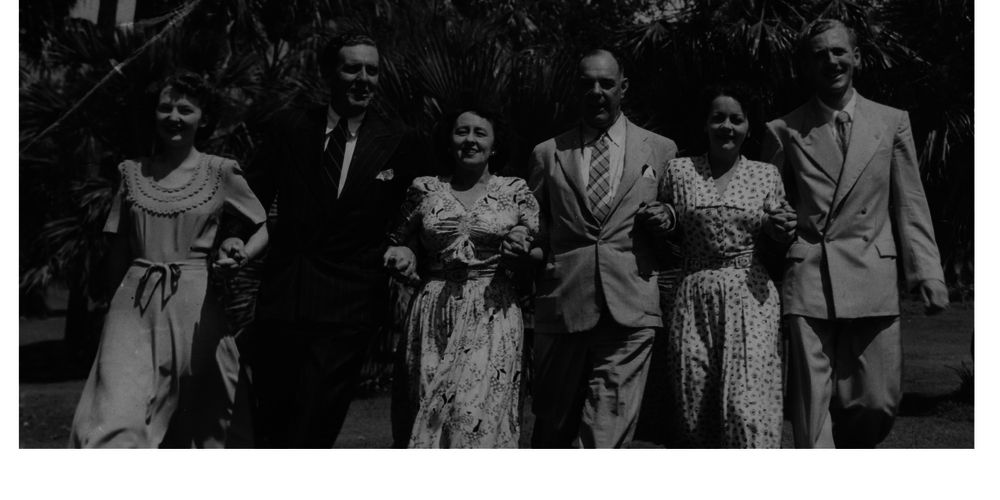
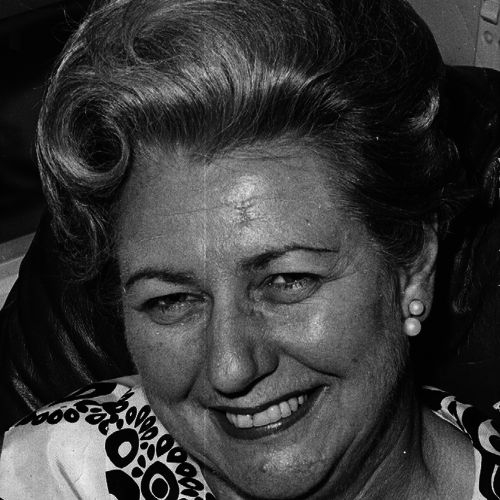
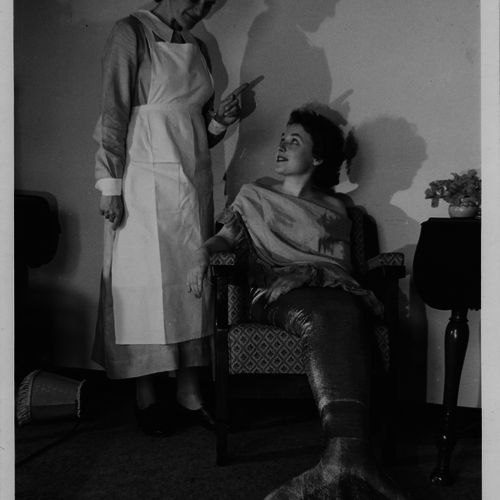
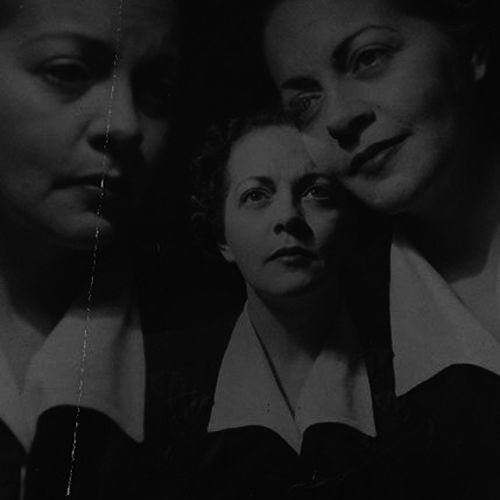
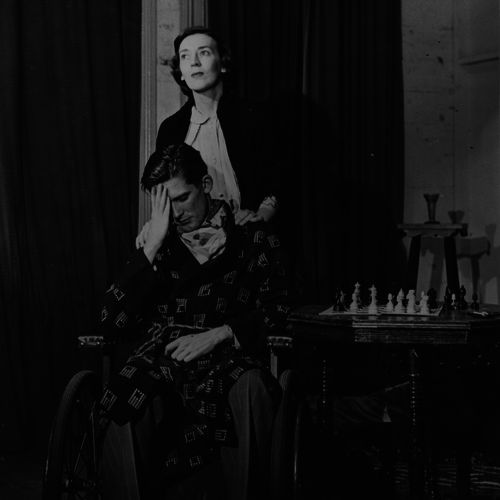
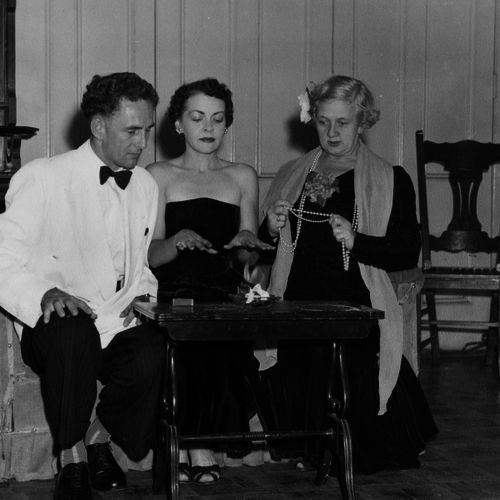
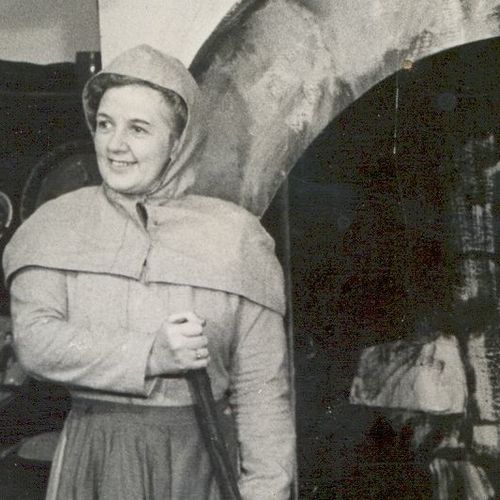
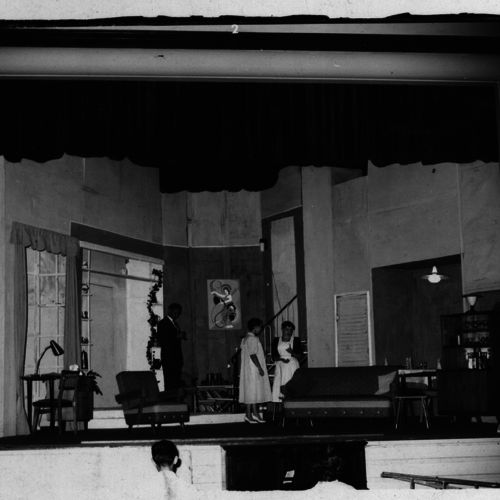
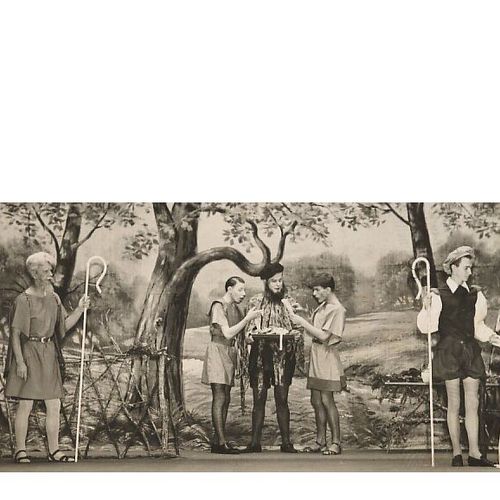
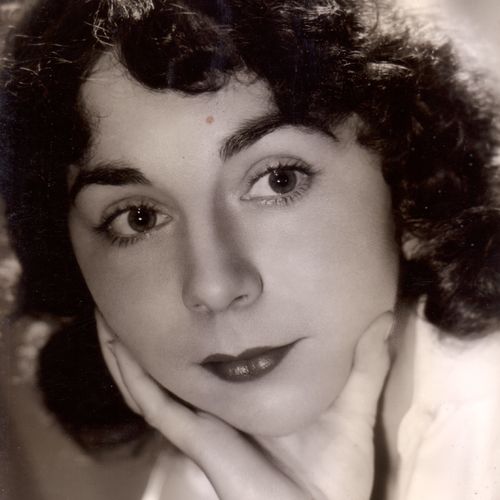
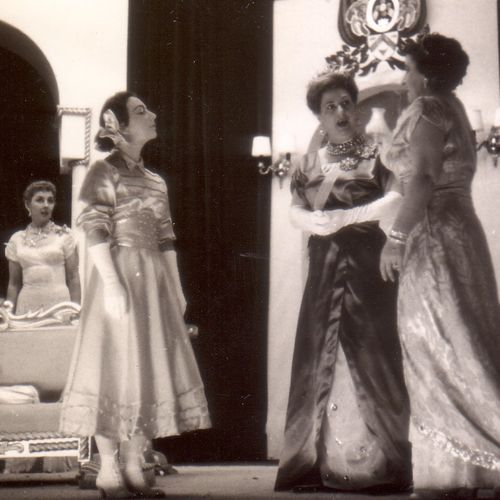
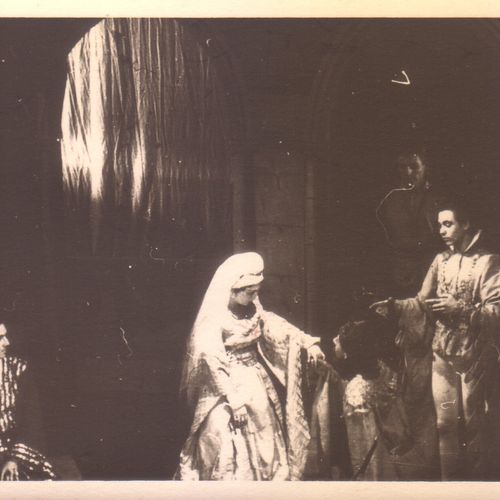
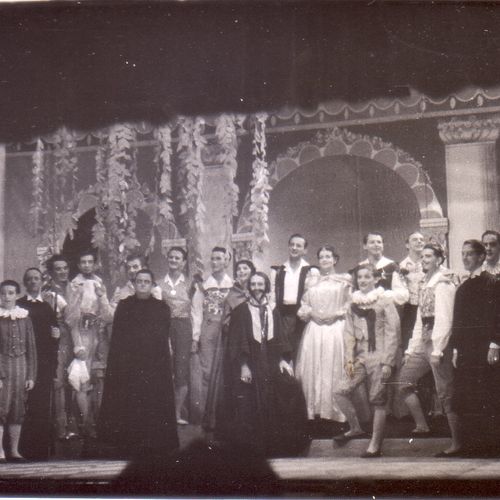
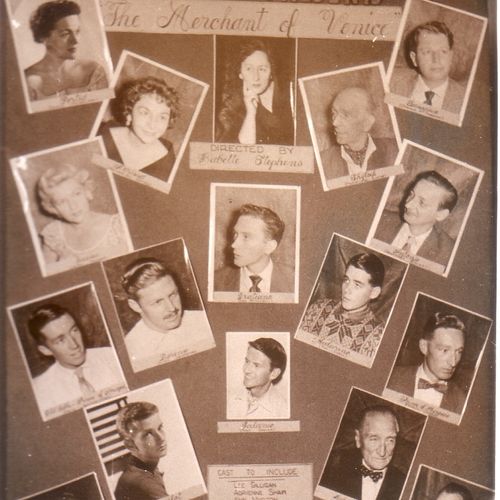
Tell us your story